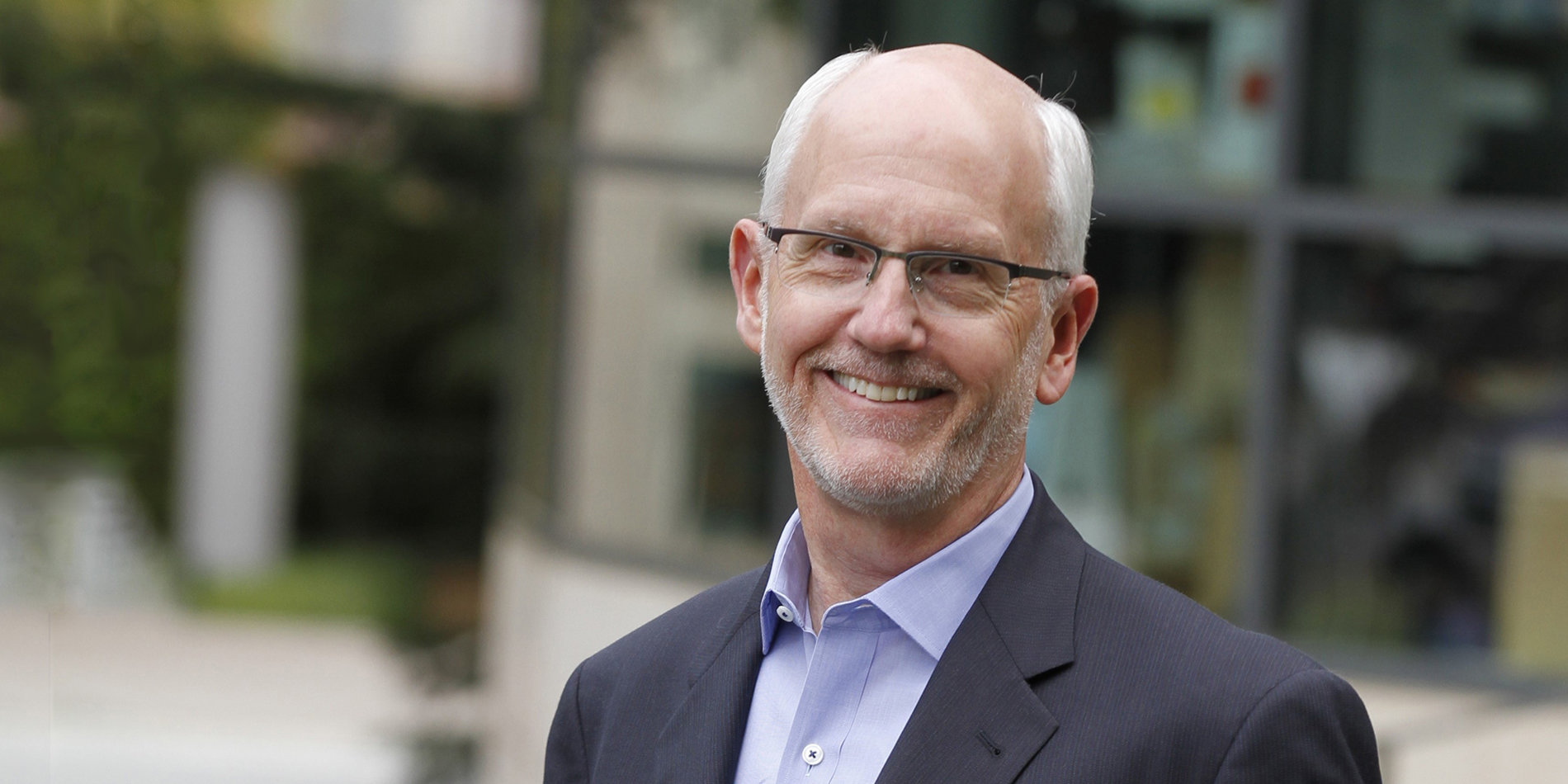Paul Yock wins the National Academy of Engineering’s Russ Prize
Paul Yock, MD, professor of medicine and of bioengineering at Stanford University and the founder and director of the Stanford Byers Center for Biodesign, is one of five innovators chosen to receive the National Academy of Engineering’s 2019 Fritz J. and Dolores H. Russ Prize.
The Russ Prize, which carries a $500,000 award, recognizes outstanding bioengineering achievements that improve the human condition through their widespread adoption. Yock and the other winners were honored for advancing the minimally invasive treatment of advanced coronary artery disease by inventing catheter-based devices to open blocked arteries.
Yock, who was the founding co-chair of Stanford’s Department of Bioengineering, is known internationally for his work inventing and testing new medical devices in the field of interventional cardiology. The Russ Prize honors two of his inventions: the Rapid Exchange stenting and balloon angioplasty system, which is now the primary system in use worldwide, and intravascular ultrasound (IVUS), a medical imaging technology. The technologies were invented during Yock’s angioplasty training at Sequoia hospital, with further development and testing during his early faculty years at the University of California, San Francisco (UCSF).
The Rapid Exchange system simplified interventional cardiology procedures by replacing the “over-the-wire” approach that required two operators to manage an extremely long guidewire that stretched from the groin (the point of access) into the heart, and extended outside the body sufficiently to accommodate the catheter that would be threaded along its length. “I saw an opportunity to redesign the catheter so that a single operator could do the procedure with a guidewire that was roughly half as long, making it faster and safer to move the catheter in and out of the body,” recalled Yock.
Yock also invented the fundamental approach to IVUS, a high-resolution imaging technology that allows doctors to see inside arteries. “At the time, Dr. John Simpson, who was one of my mentors and is a fellow Russ Prize awardee, had just introduced atherectomy, a technique that removes interior arterial plaque by cutting it away. But I thought that existing imaging technology wasn’t accurate enough to support the new procedure,” Yock said. IVUS not only made it possible to see the inside of the artery clearly, but ultimately provided a key insight into stenting, where a wire mesh is inserted to prop open a newly cleared artery.
According to Yock: “In the early days of stenting, we had very high rates of repeat clotting. With IVUS, we learned that we weren’t using high enough pressures to expand the stents, so it taught us to deploy them more effectively.”
Yock credits his mentors, including Simpson and Dr. Tom Fogarty, for his success as an innovator. “There’s something about being around people who have done it that gives you confidence that you can do it yourself. It’s not just the practical advice, but also the inspiration that what you are doing is not only possible, but clinically important.” It was the desire to replicate that mentoring environment for other aspiring innovators that led Yock to found Stanford Biodesign in 2001 — a center dedicated to training physicians, engineers and business people in a proven, repeatable process for inventing new medical technologies. Reflecting its roots in both engineering and medicine, Biodesign is part of Bio-X, Stanford’s interdisciplinary biosciences institute.
Yock is sharing the 2019 Russ Prize with Julio Palmaz, Leonard Pinchuk, Richard Schatz and Simpson. The prize, which will be presented in Washington, D.C., on Feb. 20, is intended to help the public understand the contributions of engineers to health and well-being, and to encourage collaboration between the engineering and medical/biological professions. The Russ Prize, the Gordon Prize and the Draper Prize, all awarded by the NAE, are considered to be the “Nobel Prizes of Engineering.” Yock was honored with the Gordon Prize in 2018.



